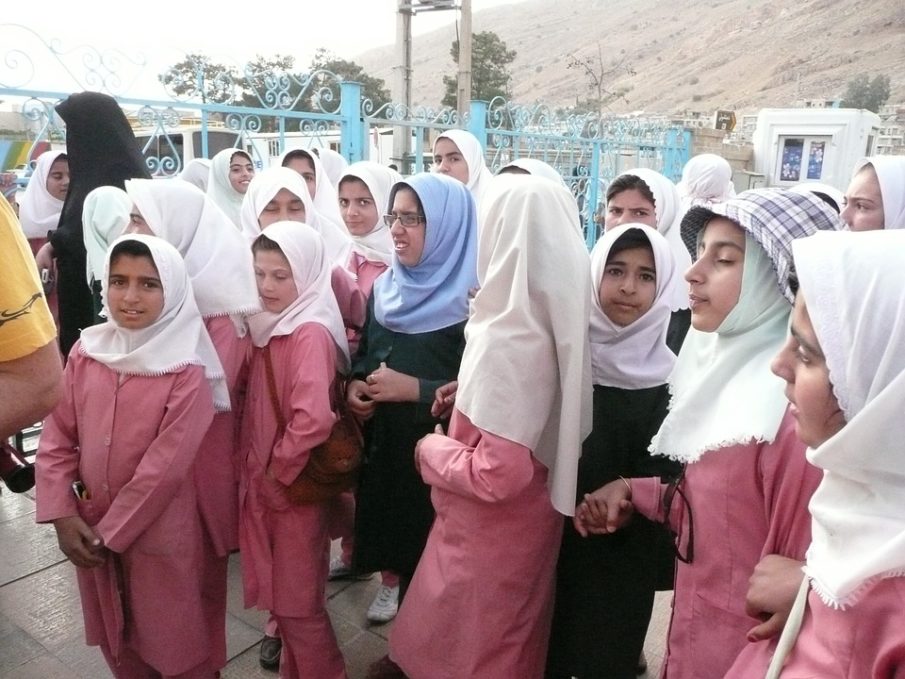Iranian Minister of Education believes only Farsi should be used in schools
AI Overview
Summary is AI-generated, newsroom-reviewed.
The Iranian Minister of Education claims that formal education in languages other than Farsi should be outlawed due to its “dangerous” connotations. The notion was dismissed as unconstitutional and absurd by Iranian members of parliament. Minister of Education Mohammad Bathaei stated tha
Read the full article for more on:
- Important insights and detailed analysis
- Expert commentary on current events
- Breaking developments and updates

The Iranian Minister of Education claims that formal education in languages other than Farsi should be outlawed due to its “dangerous” connotations. The notion was dismissed as unconstitutional and absurd by Iranian members of parliament. Minister of Education Mohammad Bathaei stated that, “In some areas, we have seen teaching in local languages, which is a very dangerous […]

What readers are saying
Generating a quick summary of the conversation...
This summary is AI-generated. AI can make mistakes and this summary is not a replacement for reading the comments.









COMMENTS